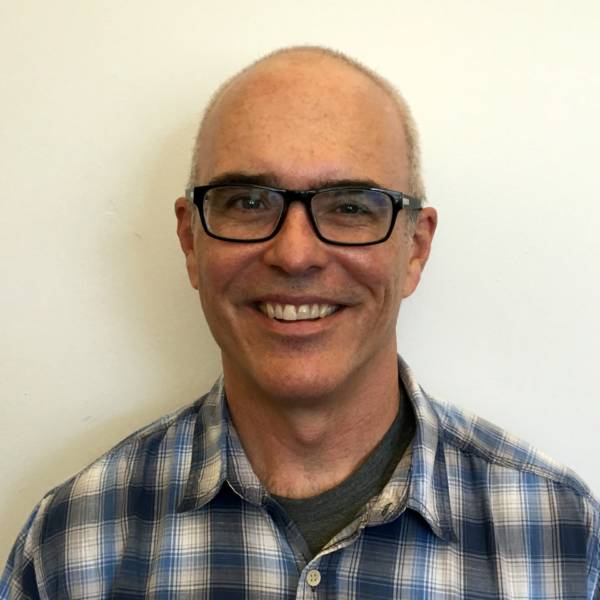The signs of success are widespread across California. Not only does the high-tech, wealth-producing engine in the Bay Area continue to purr, but even where I live in Sacramento we're seeing an awful lot of new investment.
But with prosperity comes threats. One of many relates to the lack of trust that pervades our national political system. Another relates to global climate change.
On a summer trip to Yosemite, I saw both threats converge. The lush Sierra Nevada forests I remember from a short span of years past are under assault from too-massive fires, too much heat, and too many bark beetles. It's heartbreaking to see the southernmost end of the West's enormous conifer belt under such profound stress. But in a way it makes sense that the hottest, driest part of that forest ecosystem, with its unique sugar pines, red firs, and giant sequoias, might be the first to fall.
Compounding the stress from climate change is a crisis at the US Forest Service. Staffing levels at the agency for non-fire related functions have dropped 40% since the late 90's. The Forest Service is a victim of increased wildfire costs associated with hotter weather, but also of a political system unwilling to de-link its operating budget from fire disasters, and allow the agency to do its job.
One expert I spoke with about the mess I saw on my Yosemite trip said that while the "bioclimatic envelope" may be closing on some species in the southern Sierra, it is still possible to build more resilient forests. Standing in the way of this is what another scientist I spoke with described as a lack of common vision, and a lack of trust in the ability of government to implement reasonable solutions.
